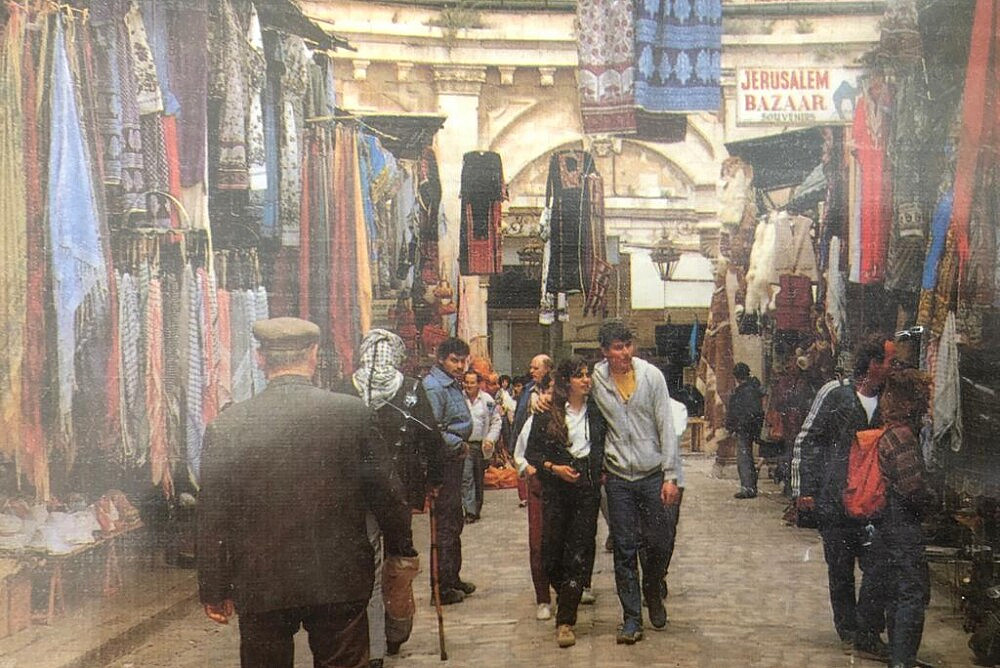“Zionism has no space for an Arab Jew [Mizrahi] like me The State of Israel conditioned us to see the intersection of ‘Jewish’ and ‘Arab’ as impossible — even though my family held that identity for generations. Whenever I find myself at a leftist protest against the occupation, there is always someone holding a sign that says “Jews and Arabs refuse to be enemies.”
This phrase has become, in some ways, the bedrock of leftist ideology promoting coexistence in Israel/Palestine. But when I encounter this phrase, I immediately feel disoriented. Which side am I on? If I am on the “Jewish” side, do I lose the Arab identity within me? Can I identify as an Arab, even as I enjoy privileges as a Jewish citizen of Israel? Who decided to position a race against a religion?
Colonization works with our minds to distort our understanding of identity and perpetuate its own agenda. Because of this, my identity has been a great source of internal confusion that has taken me years to unpack and untangle. Recently, I began to understand how this internal self-dialogue represents a political dilemma born through the colonization of Palestine.
I identify as an Arab Jew. My family has lived in Jerusalem for over 10 generations, and my other ancestral cities include Aleppo in Syria, Baghdad in Iraq, and Shiraz in Iran, along with a small village in Kurdistan. I grew up with primarily Syrian-Palestinian traditions and cultures. My grandmother was a feminist painter and cultural lover of film and literature.
My grandfather was a prayer leader skilled in the art of maqamat, a unique Arab melodic framework, who recited prayers in the Syrian-Jerusalemite tradition. My family prayed in Hebrew and Arabic, with a thick accent rolling off our tongues as we pronounced Jewish blessings. I grew up with Mohamed Abdel Wahab [an Egyptian pan-Arab and revolutionary singer] and Shabbat piyyutim, Jewish liturgical poems, sung together. Until my parents’ generation, Arabic was the predominant language in my family.”


